Filling the Weak Points
A project of Urban Subjects in cooperation with Kunstraum of Leuphana University of Lüneburg
and Leuphana Arts Program.
University of Lüneburg, Germany October 2012 – September 2013‘Filling the Weak Points’ investigates the possibilities for artistic production to research and represent social relations and movements. In particular we are concerned with forms of social organizing and movements which, as Marina Sitrin describes them “create the future in the present.” Against the backdrop of a crisis in capitalism and the state that is making both the present and the future more precarious, we are looking at contemporary social movements that can be described as new forms of ‘autogestion’, or self-management, or ‘horizontalism’ (Marina Sitrin) that have emerged under the conditions we find ourselves in.
‘Autogestion’ derives from an anarchist notion of self-management, and is a collective practice or project that takes many shapes but which involves collective-decision making and works through a non-hierarchical structure. One of the major voices of autogestion is the French philosopher and urbanist Henri Lefebvre. For Lefebvre, autogestion is both a break and a risk, it is spontaneous and it is long-term, and he proposes that autogestion appears in “the weak points of existing society.”
Together with students we will investigate, from an artistic and theoretical perspective, the imagination of forms of autogestion that have emerged in reaction to issues of gentrification, the financialization of everyday life, and the changes in the role of the state. These new political configurations arise out of what we feel the new weak points in our society—the “empty areas of social life” today, as Lefebvre calls them—which are intensifying in the present.

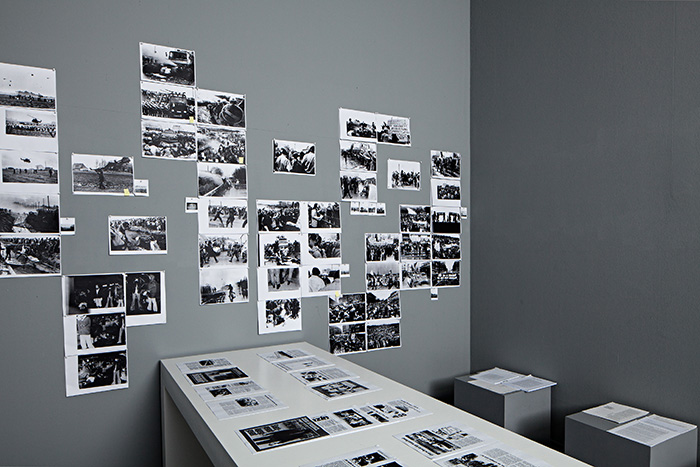
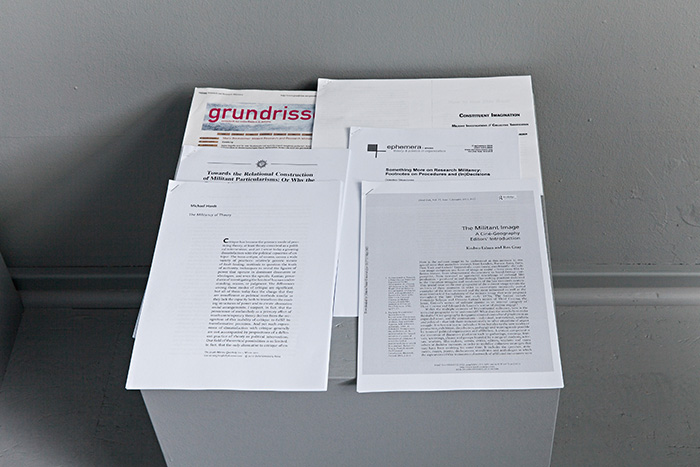
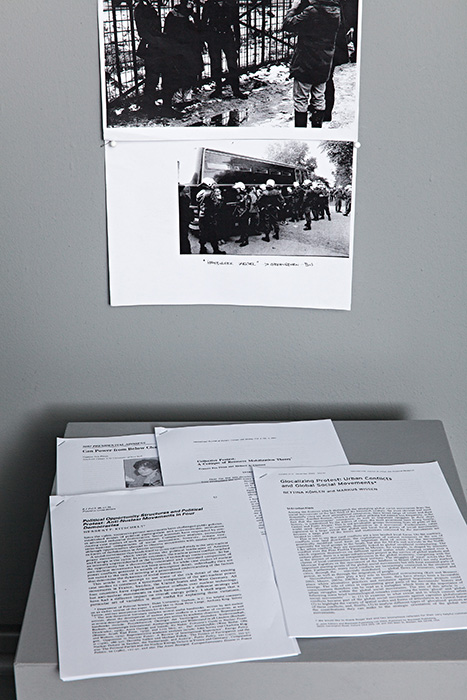
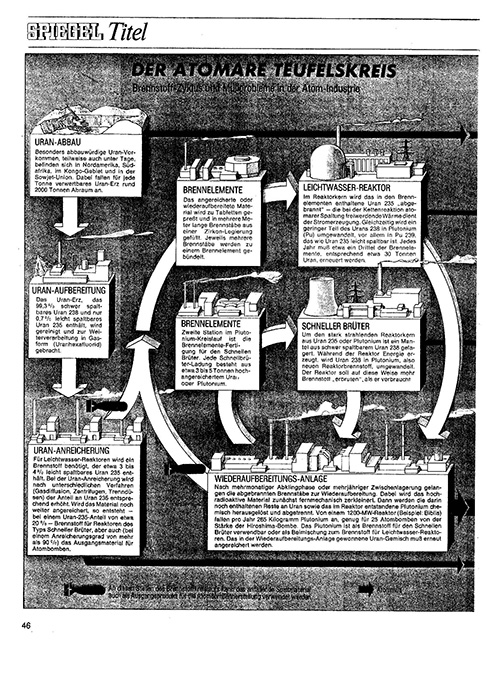
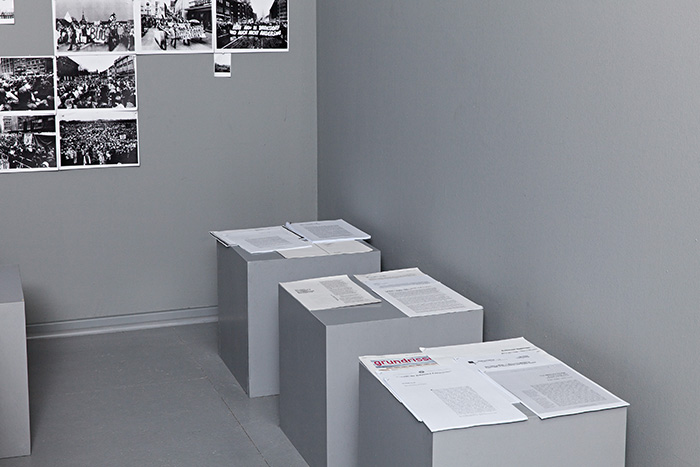
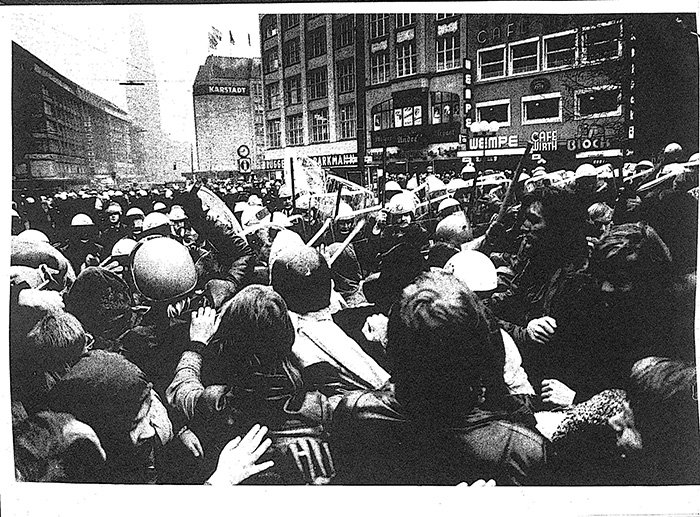
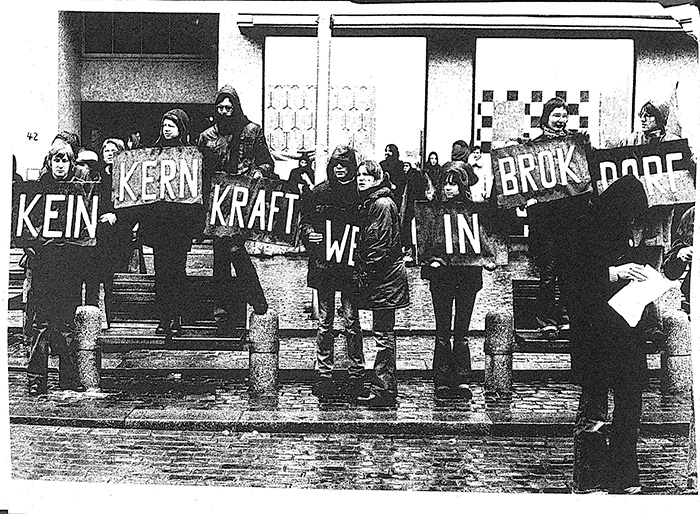
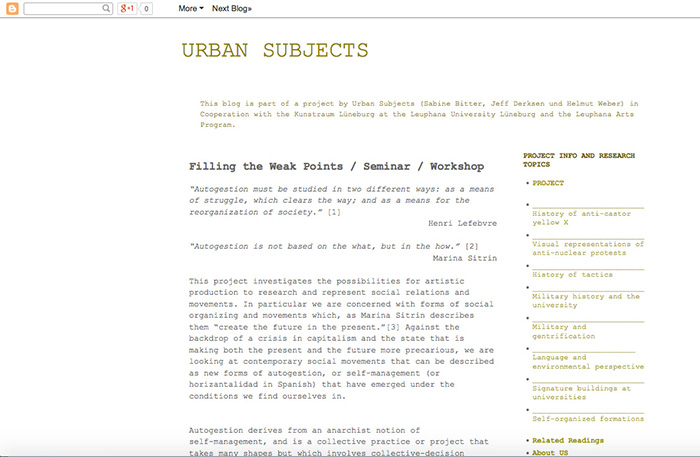
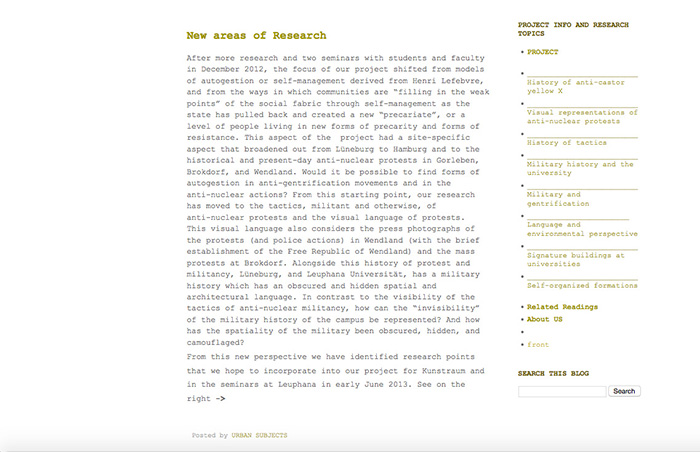
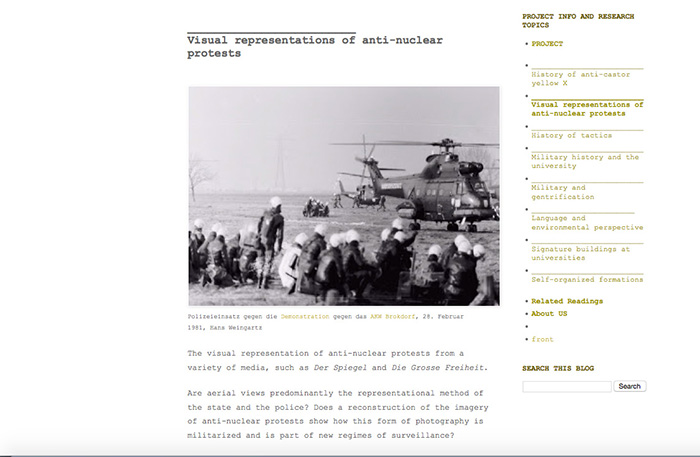
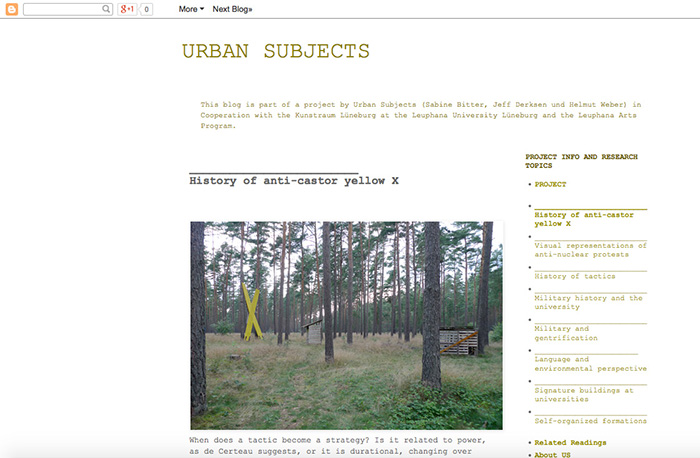
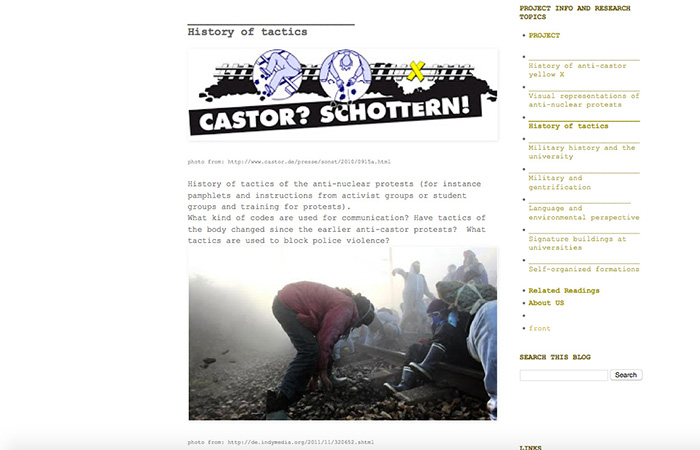
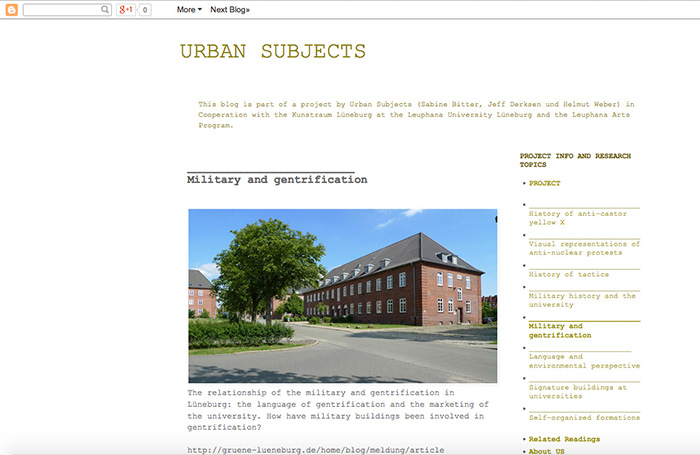
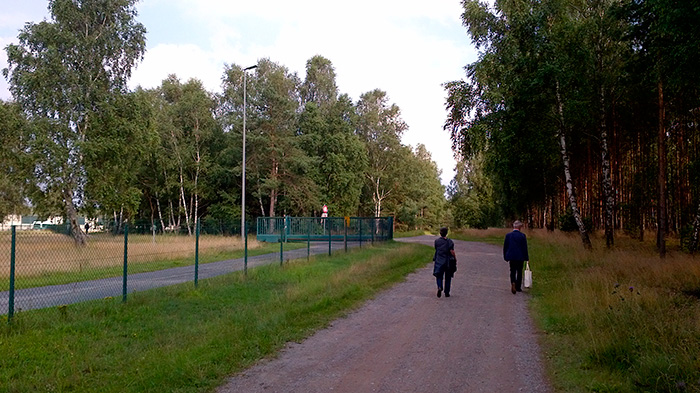
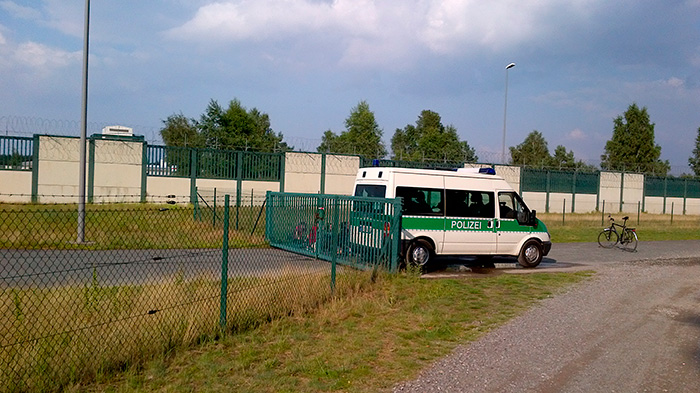
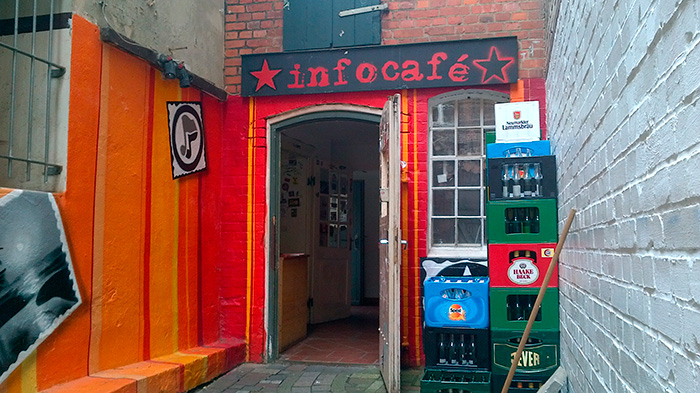
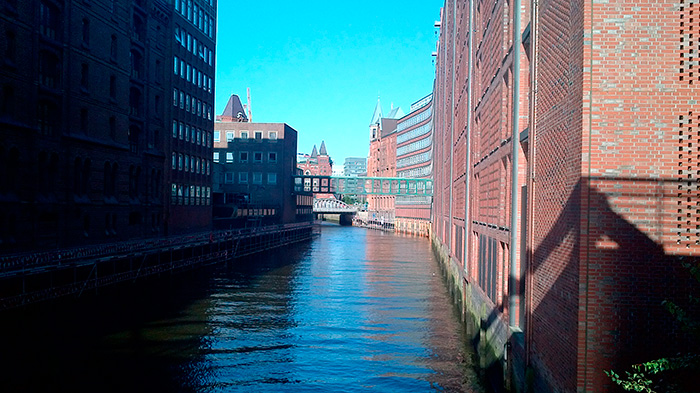
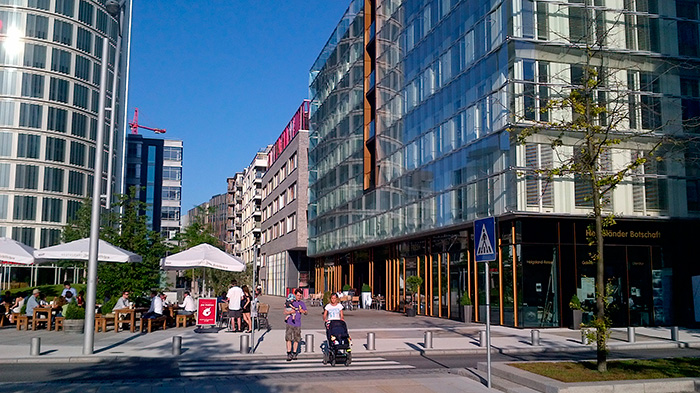
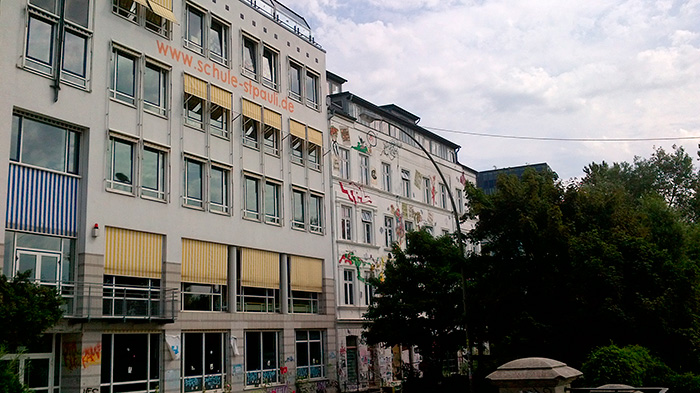
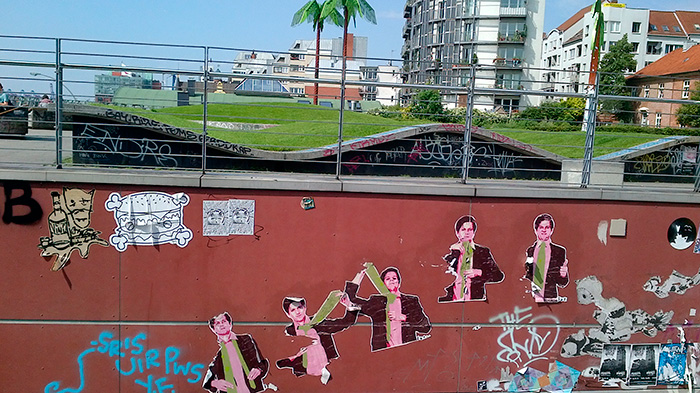
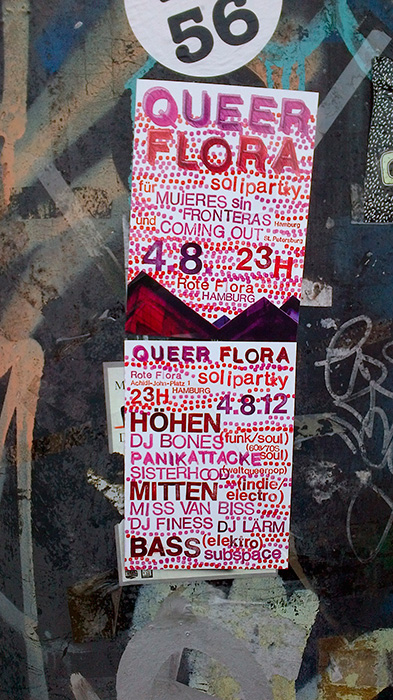
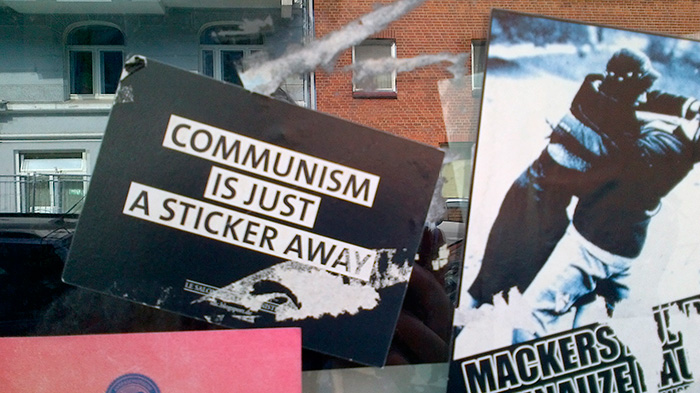
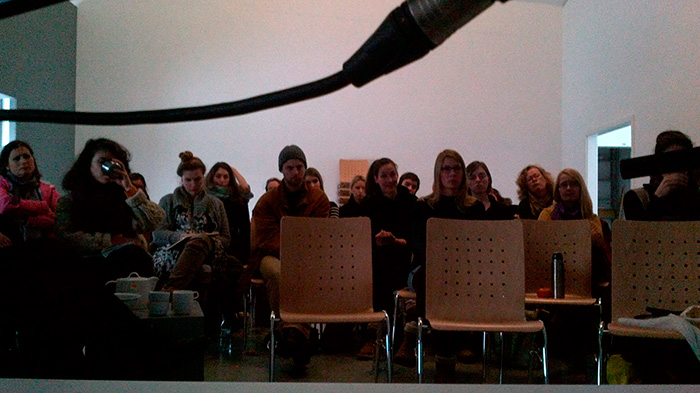
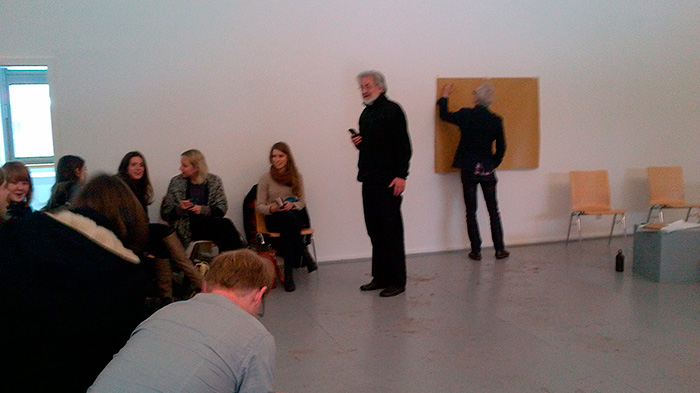
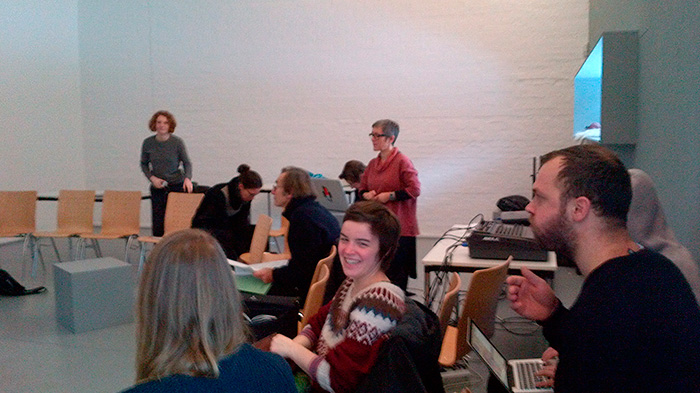
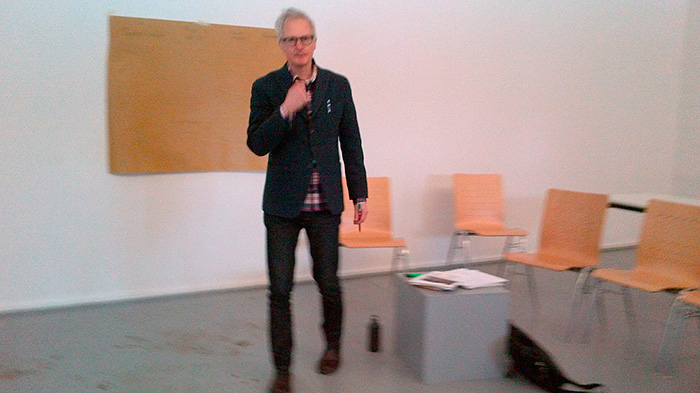
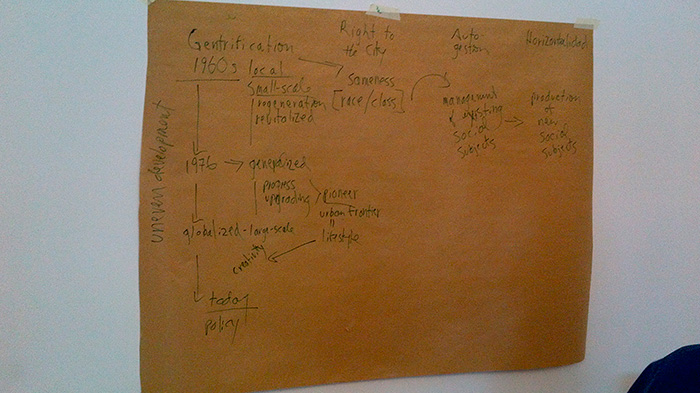
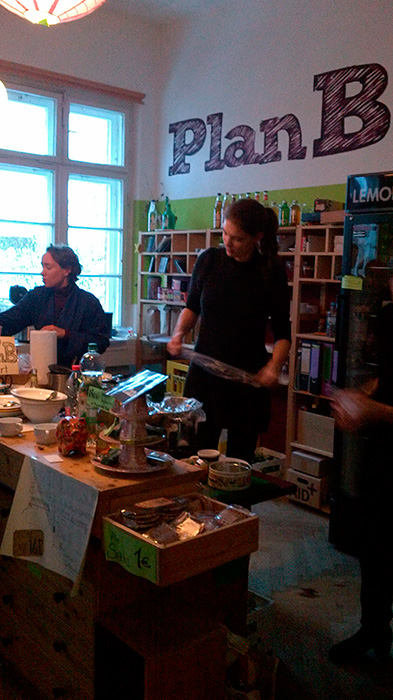
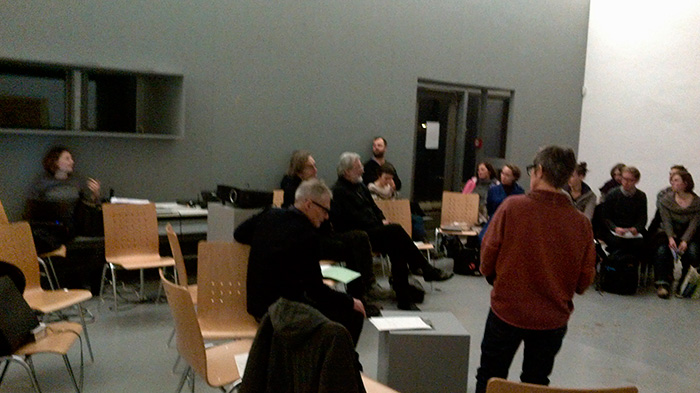
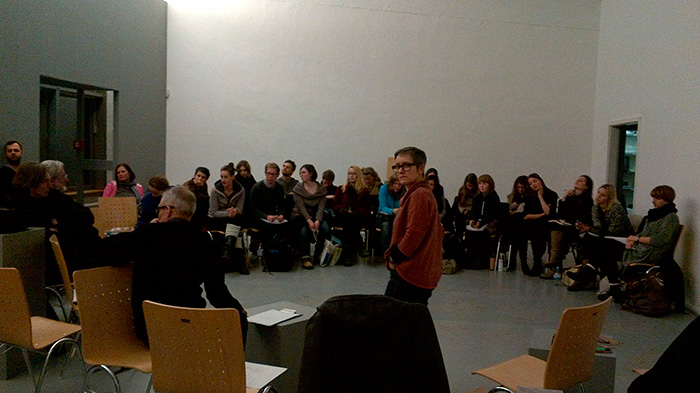
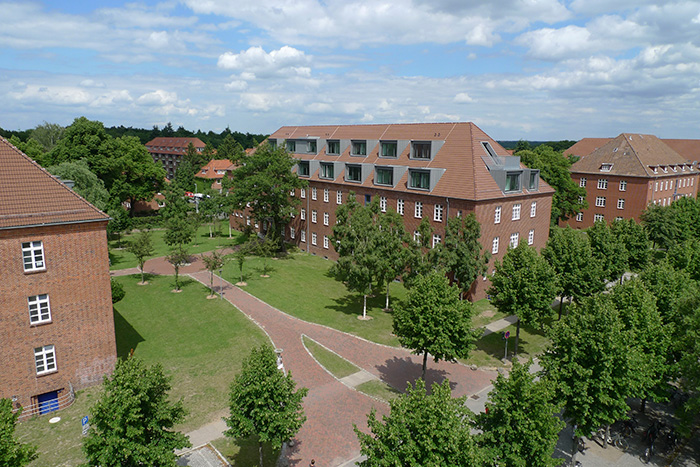
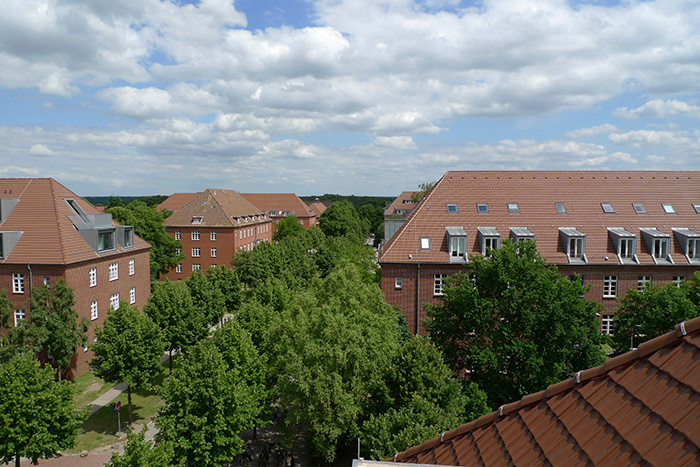
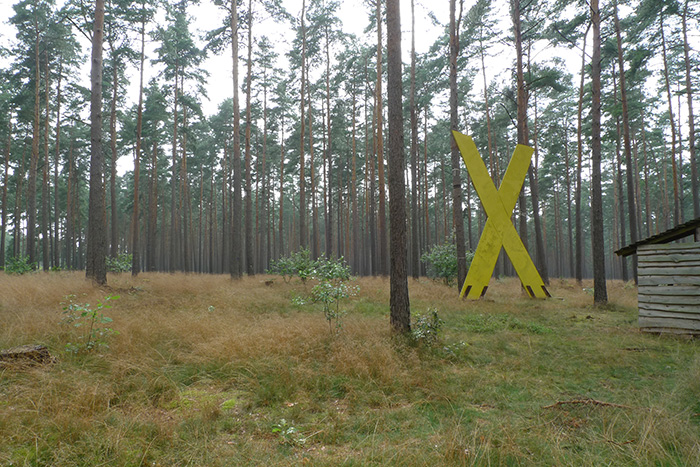
Short description
________________________________________________________________________________________________________________________________________________
Filling the Weak Points, 2012/2013
A project of Urban Subjects in cooperation with Kunstraum of Leuphana University of Lüneburg and Leuphana Arts Program.
‘Filling the Weak Points’ investigates the possibilities for artistic production to research and represent social relations and movements. In particular we are concerned with forms of social organizing and movements which, as Marina Sitrin describes them “create the future in the present.”
Against the backdrop of a crisis in capitalism and the state that is making both the present and the future more precarious, we are looking at contemporary social movements that can be described as new forms of ‘autogestion’, or self-management (or ‘horizontalidad’ in Spanish) that have emerged under the conditions we find ourselves in.
Long description
________________________________________________________________________________________________________________________________________________
Filling the Weak Points, 2012
“Autogestion must be studied in two different ways: as a means of struggle, which clears the way; and as a means for the reorganization of society.”1
Henri Lefebvre
“Autogestion is not based on the what, but in the how.”2
Marina Sitrin
This project investigates the possibilities for artistic production to research and represent social relations and movements. In particular we are concerned with forms of social organizing and movements which, as Marina Sitrin describes them “create the future in the present.”3 Against the backdrop of a crisis in capitalism and the state that is making both the present and the future more precarious, we are looking at contemporary social movements that can be described as new forms of ‘autogestion’, or self-management (or ‘horizontalidad’ in Spanish) that have emerged under the conditions we find ourselves in.
‘Autogestion’ derives from an anarchist notion of self-management, and is a collective practice or project that takes many shapes but which involves collective-decision making and works through a non-hierarchical structure. Autogestion has a long history, but it was elaborated in the former Yugoslavia and then strengthened in the late sixties in France, amongst other places. One of the major voices of autogestion is the French philosopher and urbanist Henri Lefebvre. For Lefebvre, autogestion is both a break and a risk, it is spontaneous and it is long-term, and he proposes that autogestion appears in “the weak points of existing society.”4 This is precisely why we are interested in bringing an artistic perspective to an understanding of autogestion today – new weak spots seem to be appearing all the time, and new forms of social organizing are trying to fill these weak points which give more choice, agency, dignity, and power for the people who are being the most effected.
The project and seminar will investigate, from an artistic and theoretical perspective, the imagination of the forms of autogestion that have emerged in reaction to issues of gentrification and access to housing, “the right to the city”, the financialization of everyday life, and the changes in the role of the state. These new political configurations arise out of what we feel the new weak points in our society—the “empty areas of social life” today, as Lefebvre calls them—which are intensifying in the present.
Students who participate in the project and seminar will have the opportunity to read about and discuss the relationship of aesthetic and politics, the role of culture in imaging a future, and where and how new forms of autogestion and horizontalism are taking shape today.
Our research is just beginning, but we have begun to think about a few places and spaces where the imagination of autogestion has arisen today: the anti-nuclear protest in Wendland, the university as a site of self-management, squats in Lüneburg and elsewhere, and anti-gentrification movements in Hamburg. Students who participate in the project will assist in the initial research as well as the shaping of the exhibition in Kunstraum in June 2013.
[1] Henri Lefebvre, “Theoretical Problems of Autogestion”, in: State, Space, World: Selected Essays. Eds. Neil Brenner and Stuart Eldon. Minneapolis: U of Minnesota Press, 2009: 149.
[2] Marina Sitrin: Horizontalism: Voices of Popular Power in Argentina, Oakland: AK Press, 2006: vii.
[3] Marina Sitrin, “Ruptures in Imagination: Horizontalism, Autogestion and Affective Politics in Argentina.”, in: Policy & Practice: A Developmental Education Review 5 (Autumn 2005): 47.
[4] Henri Lefebvre, “Theoretical Problems of Autogestion”, in: State, Space, World: Selected Essays. Eds. Neil Brenner and Stuart Eldon. Minneapolis: U of Minnesota Press, 2009: 144.
A project of Urban Subjects in cooperation with Kunstraum of Leuphana University of Lüneburg.
Urban Subjects are artists in residence at the Leuphana Arts Program in 2012/2013.
see also:
blog/workspace for ‘Filling the Weak Points’
‘Front, Field, Line, Plane – Researching the Militant Image’
“The Possibilities Are …”
For the exhibition “Front, Field, Line, Plane – Researching the Militant Image” we realised the publication:
“The Possibilities Are …”, Publication Studio Vancouver, 2013